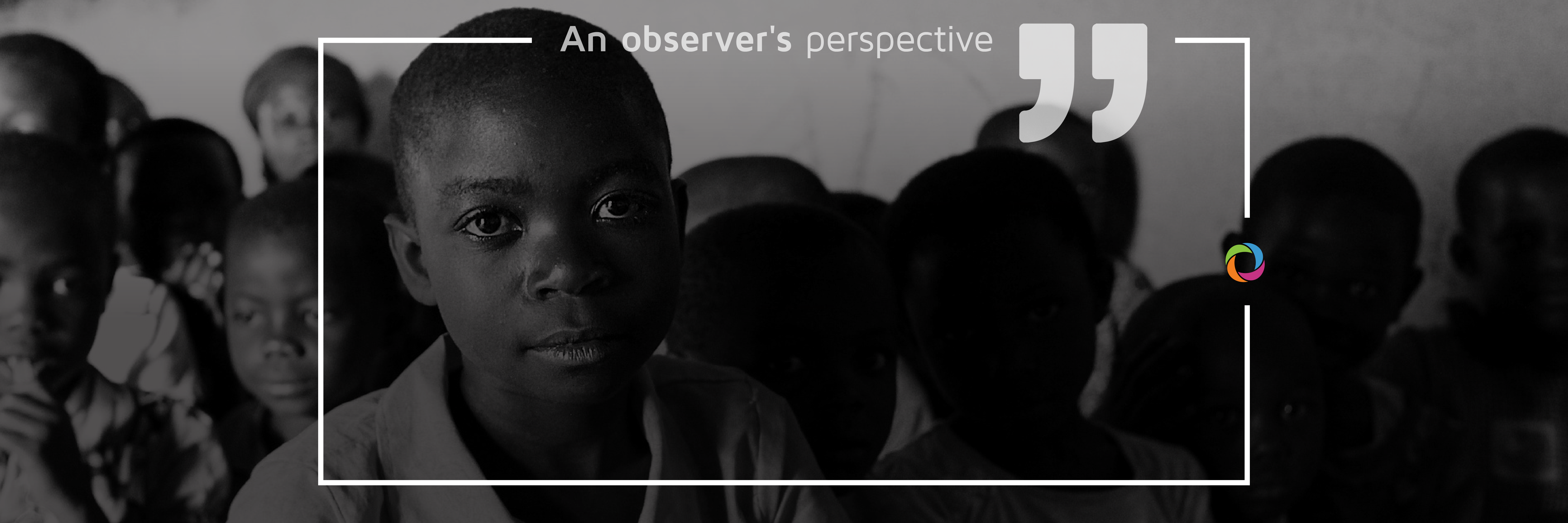By Aislinn Delany and Marinda Weideman
With funding from the German-government, Kindernothilfe (KNH), an international Christian child rights organisation, is supporting a four-year project to strengthen the protection of children in migration in South Africa. This forms part of KNH’s commitment to promoting and realising children’s rights and supporting children and their families and communities to take their development into their own hands.
The project will be implemented by KNH’s Johannesburg-based partner, the Consortium for Refugees and Migrants in South Africa (CoRMSA). CoRMSA is a national network of 26 organisations working to promote and protect the human rights of all non-nationals living in South Africa.
There is a long history in the Southern African region of labour migration to South Africa. The relative prosperity of the country means that it continues to be a preferred destination for migrants and refugees. This is despite widespread xenophobic sentiments that in recent years have erupted into outbreaks of violence against non-nationals.
The preamble to the country’s Constitution states that “South Africa belongs to all who live in it”. With a few exceptions, such as the right to vote, the rights enshrined in the Bill of Rights are not limited to citizens. Since 1994, the country has established a comprehensive legal and policy framework to protect and advance children’s rights and has adopted progressive refugee and immigration-related legislation in line with international human rights treaties and conventions. However, recent amendments to laws such as the Refugees Act and the draft regulations relating to birth registration are chipping away at the rights and protection afforded to refugees and migrants.
Furthermore, the interpretation and implementation of these laws is also often exclusionary and institutionally xenophobic, denying migrants their constitutional rights and access to basic services, often because they are unable to produce officially recognised documentation. Civil society has often had to resort to litigation to uphold these constitutional rights.
In 2018, CoRMSA implemented the Children in Migration – speak out for their rights! project with the support of KNH. A key concern raised by these children was the challenge of obtaining the documents required to access basic services. These concerns informed the current partnership between KNH and CoRMSA.
The project aims to empower children and young people in migration and their communities to claim their rights, including through improved access to basic services, such as education and health, and the development and implementation of inclusive policies. It will involve several components including (a) community-level education and training for migrant children, (b) training of social workers and school administrators on how to better support migrant children and their families, (c) a national campaign to promote access to birth registration for children migration, (d) policy engagement, and advocacy to promote inclusive policy development and implementation and (e) reporting of xenophobic incidents to Xenowatch, a civil society monitoring project.
The implementation of the project will be informed by baseline research which is underway. The research comprises a legislative review and interviews with stakeholders as well as social workers, school administrators, and young adult migrants. The research will also provide baseline data to inform the project’s monitoring, evaluation, and learning strategy. This project will run until December 2022.
DevelopmentAid.org provides comprehensive business intelligence information related to future and ongoing projects in various countries, including South Africa.

